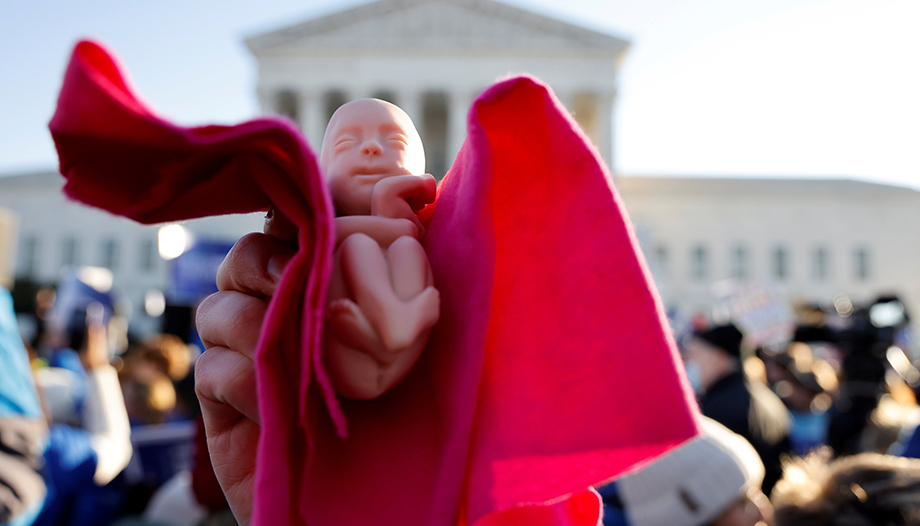Spain wants to join the countries whose fundamental rights, especially in the most vulnerable people, are in retreat. In recent days, the Constitutional Court has rejected the report that declared unconstitutional the "Organic Law 2/2010 on sexual and reproductive health and voluntary interruption of pregnancy", and has requested a new report.
As the president of the Episcopal Subcommission for the Family and Defense of Life of the Spanish Episcopal Conference, Msgr. José Mazuelos: "A court has been rigged to pass a law that is unjust, ideological and contrary to science."
The objective of this new report is to declare abortion as a right, "declaring constitutional that there are human beings who have no rights, and thus endorsing an ideological, anti-scientific law that promotes inequality" as underlined by the note issued by the Episcopal Subcommission for the Family and Defense of Life of the Spanish Episcopal Conference in view of this decision of the Constitutional Court.
In the service of the most savage neocapitalism
The note includes three of the characteristics of this law, which aims to make constitutional the right to eliminate a life. The law responds fundamentally to an ideological question and to the service of the most savage neocapitalism that advocates the elimination of human beings in the first stage of their life.
In addition, this law rejects thecientific evidence that, thanks to advances, it is possible to affirm even more forcefully that denying that a new life exists in the womb of a pregnant woman from the moment of conception is irrational.
The abortion law is also profoundly unjust and promotes inequality, since it allows people with disabilities to have a better quality of life. Down Syndrome are aborted up to five and a half months of gestation, that is to say, their life has absolutely no value whatsoever. By making this "right" constitutional, it will be allowed to violate human life and the equality of all.
History teaches us that every time human beings have questioned the dignity or value of certain human lives on various grounds, such as race, skin color or belief, they have been seriously mistaken. Similarly, it is a regrettable mistake to question the dignity of human life on the basis of age.
Protecting the lives of mothers and children
The note of the Episcopal Conference does not forget that, within the defense of life, it is necessary to have a broad view that includes the defense of the most vulnerable among whom, in this case, are also many of the most vulnerable women. women who are under pressure to end the pregnancy. At this point, the note states that "we want to be at their side, welcoming them and offering them comprehensive help. At the same time, we turn to those women who have had a voluntary abortion, with the desire to remind them that, in the merciful face of Jesus, they will find consolation and hope" and asks the "different administrations that, instead of proclaiming the right to abortion, they promote initiatives that help women to live their maternity, avoiding being forced to have an abortion".
In this field, there are numerous initiatives not only linked to the Catholic Church but also private initiatives that, every day, help women who have problems in carrying their pregnancies to term. Mother NetworkProvida or Maternity Project.
There is also Project Rachel, which provides services to women who have had abortions as well as persons involved in induced abortion with individualized care through a diocesan network of priests, counselors, psychologists and psychiatrists.
Struggle in Europe
Last June, the United States ratified the repeal of the famous Roe v WadeThe European Union, implying that the elimination of a human being does not fall under fundamental rights. However, in Europe, there is pressure to include abortion in the EU Charter of Fundamental Rights.
In the face of this violation of the fundamental rights of the most vulnerable, the San Pablo CEU University Foundationtogether with One of Us and more than 50 civil organizations, have organized in Brussels an international conference on this proposal in which more than 150 people participated, including members of the European Parliament, jurists and intellectuals from Slovenia, Hungary, Portugal, France, Slovakia, Austria, Germany and Italy. In the interventions, it has been underlined that in the face of this proposal, the active defense of life is fundamental.








